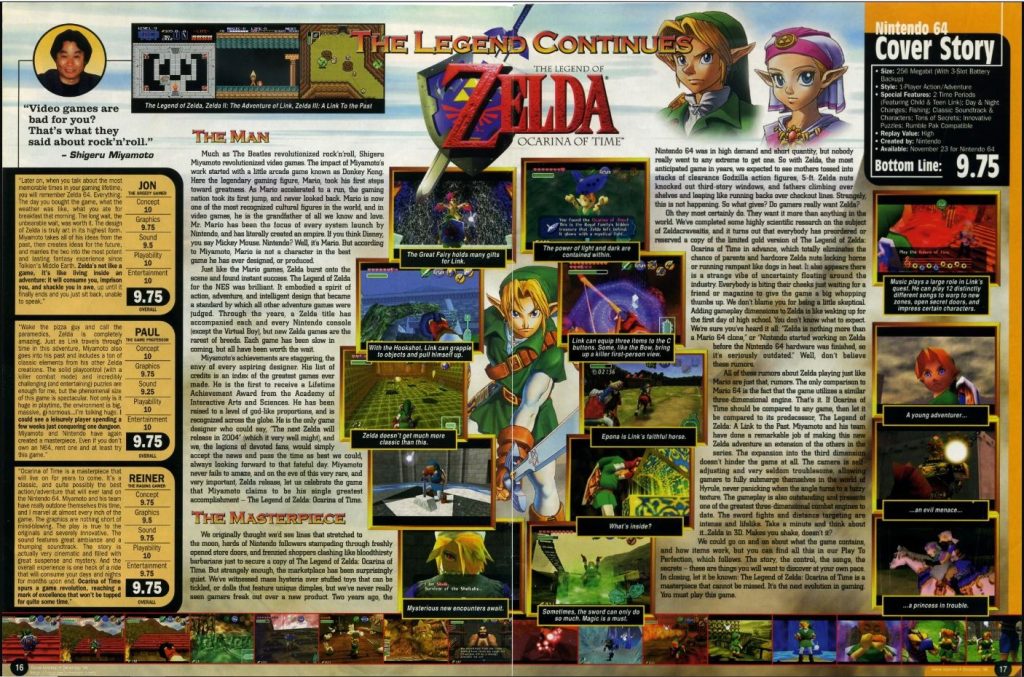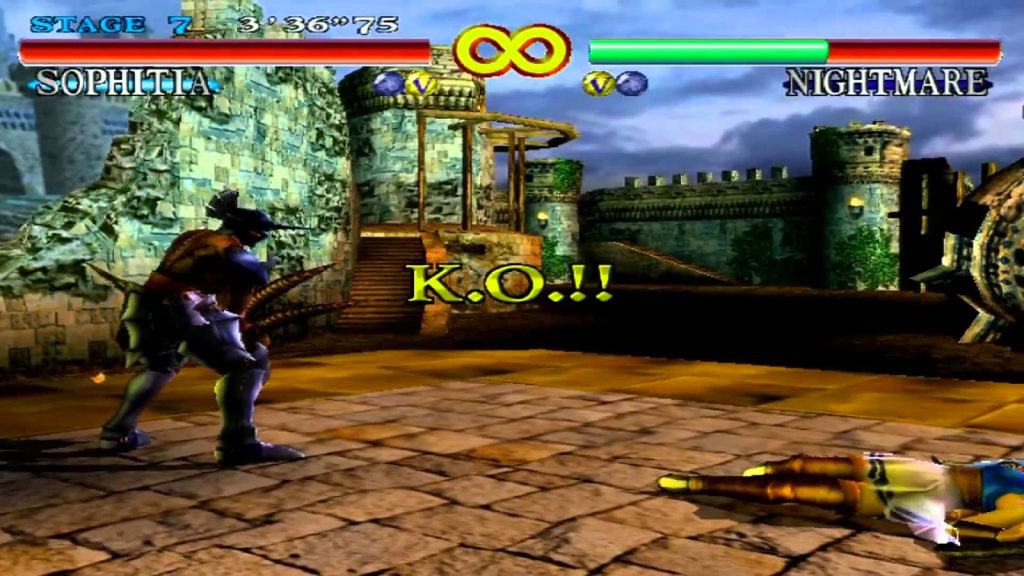In 1998, me and my brother were waiting outside of a video games shop, in Naples. The owner promised us on the telephone that the game would have arrived for the opening, the next day.
The game was “The Legend of Zelda: Ocarina of Time”. Its cost was 120k lire. With the inflation and everything, today would have a cost of 100,52 euros – source
The game was made by a team of more than 200 people and a budget of over $12 million. – source

Today, games with that level of quality have a higher budget and are sold for less money. That’s because of a lot of factors, it’s not simply one reason or another.
Videogames yesterday
In 1998 video games were one of the things that shaped our future as persons. Playing The Legend of Zelda was a life-changing experience. And it was much easier for that Nintendo 64 in our room to catch our attention. We had no smartphones and no socials. We had guitars, a PC with a weak connection, school books, and lots of board games.
The controls of that game were simpler than the controls of the vast majority of AAA games nowadays. The console was offline, you had the game running in less time than today with your PS5. Everything was so simple and so memorable.
Videogames today
Today we have two main challenges, as game creators:
- The discoverability of our games. There is no friction anymore in making and releasing a game.
- Games are not the super hot thing anymore. Today there are many drivers of culture, influencers and streamers for instance.
I remember when I read about Zelda on Megaconsole, an Italian zine dedicated to Nintendo games. Nowadays, people have no right to focus on a single article without getting spammed by lots of ads and notifications of sorts.
Combat, puzzles, exploration: the promise was unique. Today, I see Zeldas over and over

I remember my eyes popping out of my head when I saw Soul Calibur running on an imported JAP Dreamcast in front of my eyes. The effect is not the same when you watch trailers on YouTube. Games have lost that spark they had when they were pushing the technology and the boundaries.
How to fix that wicked problem?
The future of video games passes by offering Players real life-changing experiences. Players should come out of a game better than they entered. This passes by really curating the content somehow.
At least, that was the promise. Try to sell a game for 100 euros these days, and see what the people will write about your prices. Why? Because of the value they give to the games today, compared to the value we gave them in the past.
Virtual shops should focus on leaving to the influencers the curation of their content. Imagine opening Steam and having tips from the streamers you love. That’s probably the first step. Steam and other shops should never filter people out, but it would be great for everyone to have a reliable curation of content.
But also we, designers and developers, should try to only push out things that matter at least to us. When I meet someone working for a company with a proper contract, too often I see a bored person who is just doing a job.
We have lost that push that differentiate our sector. We need more passionate professionals, preferably with a broader range of skills. We need to build games on top of what can really improve the life of people through fun.
I am not sure that would solve the issue, but if Players are able to find their games and these games will change their lives a little, also with a simple smile, that’s the way to me.